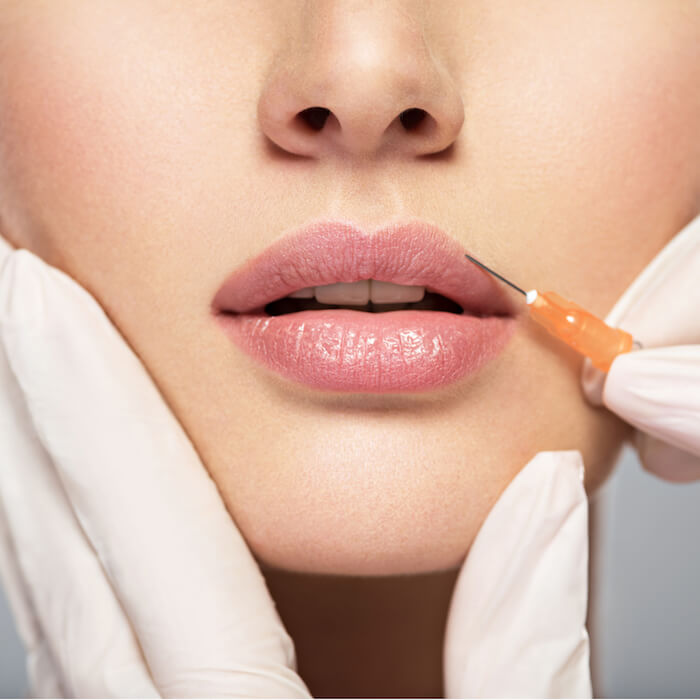Differentiating between mild, moderate, and severe forms of acne vulgaris is essential in determining the appropriate treatment approach. Here’s a general guideline to help differentiate and outline the respective treatment options for each:
Mild Acne Vulgaris:
- Characterized by the presence of whiteheads (closed comedones) and blackheads (open comedones).
- Occasional small pimples or pustules may be present.
- Fewer than 20 total lesions on the face, neck, chest, or back.
Treatment Options for Mild Acne:
- Topical Retinoids: Over-the-counter or prescription retinoid creams or gels to promote skin cell turnover and prevent clogging of pores.
- Benzoyl Peroxide: An over-the-counter ingredient that helps kill acne-causing bacteria and reduces inflammation.
- Salicylic Acid: A gentle exfoliant that helps unclog pores and reduce inflammation.
- Gentle Cleansers: Use mild, non-comedogenic cleansers to remove excess oil and impurities without drying the skin.
- Avoiding Harsh Scrubbing: Gentle cleansing techniques to avoid irritating the skin.
- Oil-free, Non-comedogenic Moisturizers: To keep the skin hydrated without adding additional oil.
- Sunscreen: Non-comedogenic sunscreen to protect the skin from UV damage.
Moderate Acne Vulgaris:
- A higher number of papules and pustules compared to mild acne.
- More widespread presence of inflamed lesions on the face, neck, chest, or back.
- The potential presence of small nodules (hard, painful bumps beneath the skin).
Treatment Options for Moderate Acne:
- Topical Retinoids: Prescription-strength retinoids to increase skin cell turnover and reduce inflammation.
- Benzoyl Peroxide: Continue using benzoyl peroxide to target acne-causing bacteria.
- Topical Antibiotics: Prescription-strength antibiotics to reduce inflammation and control bacterial growth.
- Combination Therapy: Combining multiple topical treatments for more effective results.
- Oral Antibiotics: In some cases, an oral antibiotic may be prescribed to control inflammation and bacterial growth.
- Hormonal Therapy: For females with hormonal acne, oral contraceptives or other hormonal treatments may be considered.
Severe Acne Vulgaris:
- Extensive presence of inflamed and non-inflamed lesions, including large, painful nodules or cysts.
- Higher risk of scarring and skin damage.
- May significantly impact self-esteem and quality of life.
Treatment Options for Severe Acne:
- Oral Isotretinoin (Accutane): A potent medication used for severe, resistant, or scarring acne. It targets multiple aspects of acne formation and requires close monitoring by a dermatologist due to potential side effects.
- Intralesional Corticosteroid Injections: For large, painful cysts, injections of corticosteroids can help reduce inflammation and speed up healing.
- Procedures: Dermatological procedures like drainage and extraction or laser treatments may be considered for severe cases.
It’s important to note that acne treatment should be tailored to each individual’s specific condition and response to therapy. A dermatologist can assess the severity of acne and recommend the most appropriate treatment plan, considering factors such as age, skin type, medical history, and lifestyle. Regular follow-ups with a dermatologist are crucial to monitor progress and adjust the treatment as needed.

